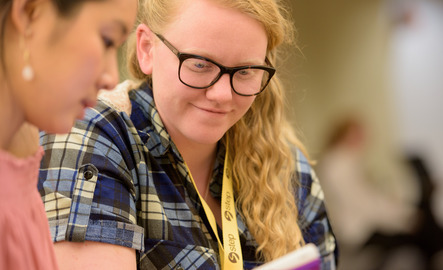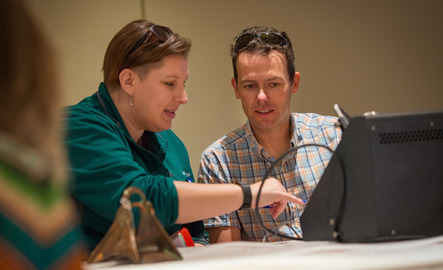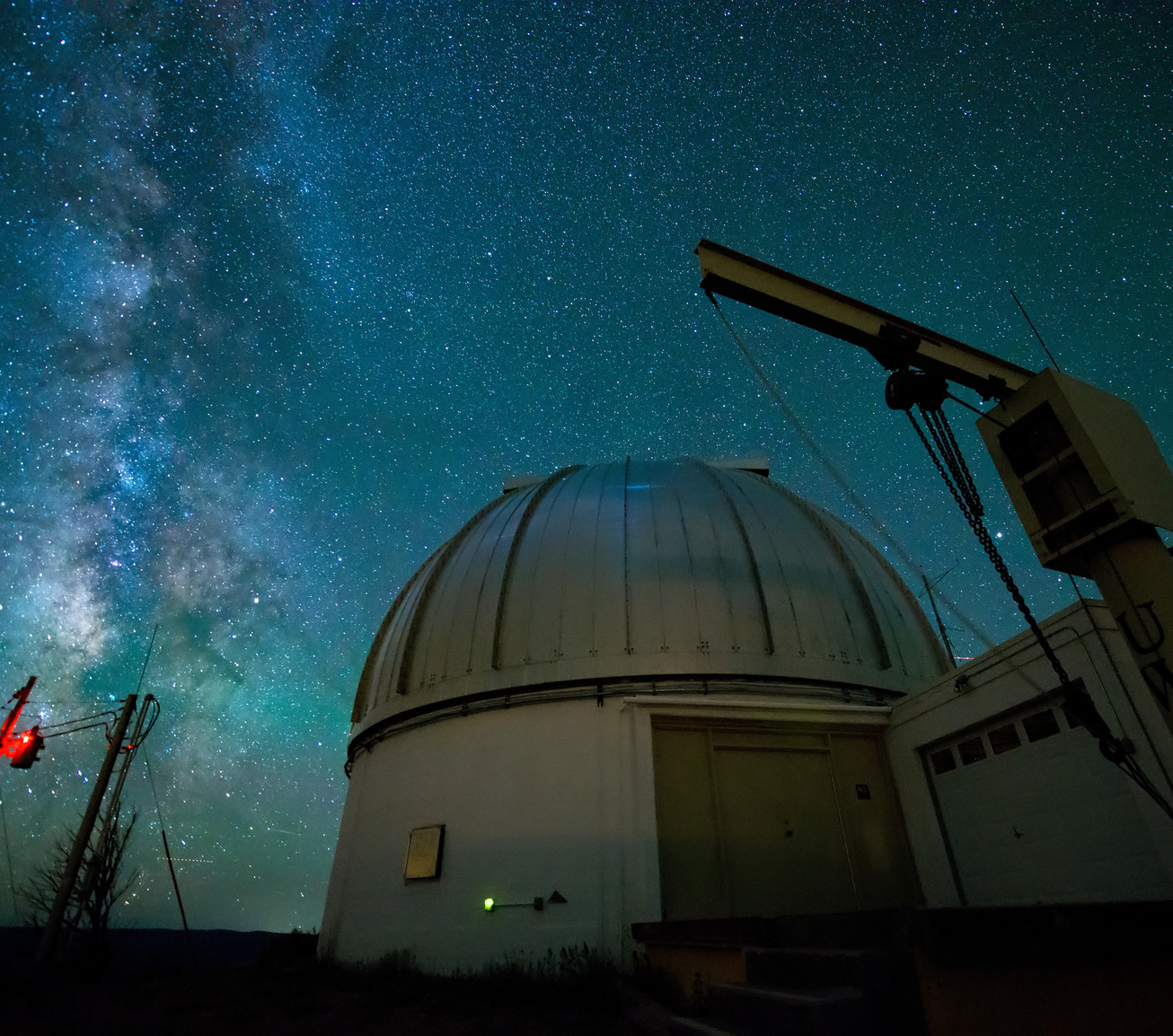About the Minor in Astronomy
If you’re interested in astronomy and physics but have a major in another field, the
astronomy minor might be a perfect fit! This 23-credit hour program covers astronomy,
mathematics and physics fundamentals. The minor also gives students access to research
opportunities, UW’s state-of-the-art planetarium, telescopes and more. During the
program, students learn to think critically and evaluate, interpret and solve astronomical
and scientific problems.

Students must have taken, or tested out of, the UW calculus progression (MATH 2200, MATH 2205 and MATH 2210) in order to declare an astronomy minor.
Astronomy faculty at UW are award-winning instructors and actively practicing astronomers. They study a wide range of astronomical phenomena, including exoplanets, stars, galaxies, black holes and the wider cosmos. Some faculty are involved in engineering technical instrumentation, while others work on computational projects.

What can you do with a minor in astronomy?
The minor in astronomy prepares students for careers as researchers, scientists and educators. Many of our graduates pursue additional education, work in observatories or serve the U.S. military.
- Research Assistant
- Data Analyst
- Planetarium Educator
- Museum Educator
- Technical Writer
- Software Developer
- Science Teacher
- University Professor
- Engineer
- Science Policy Analyst
- NASA Goddard Space Flight Center
- United States Marine Corps
- Bill Barrett Corporation
- Lowell Observatory
- Vanderbilt University
- United States Air Force
- Epic Systems
Many UW astronomy grads go on to pursue additional education and degrees. Here are some of the prestigious universities that our graduates have studied at:
- Princeton University
- Duke University
- The University of Arizona
- The Pennsylvania State University
- The University of Texas at Austin
- New Mexico State University
- ITT Technical Institute
- The University of Utah
- Louisiana State University
- University of Pennsylvania
Along with our state-of-the-art observatories, planetarium and research-grade telescope, our faculty and students routinely visit and use national and international observatories. They also use high-end computing facilities and space-based equipment, such as the James Webb Space Telescope.
“No other undergraduate program I've heard about compares to UW in terms of access to research, especially early in college.”
- UW Graduate | B.S. in Astronomy & Astrophysics


